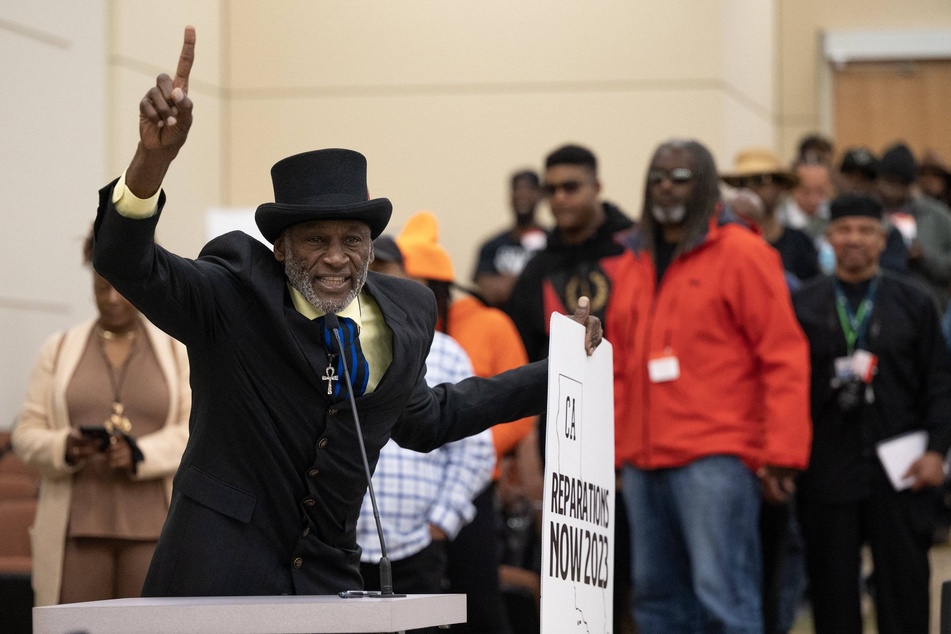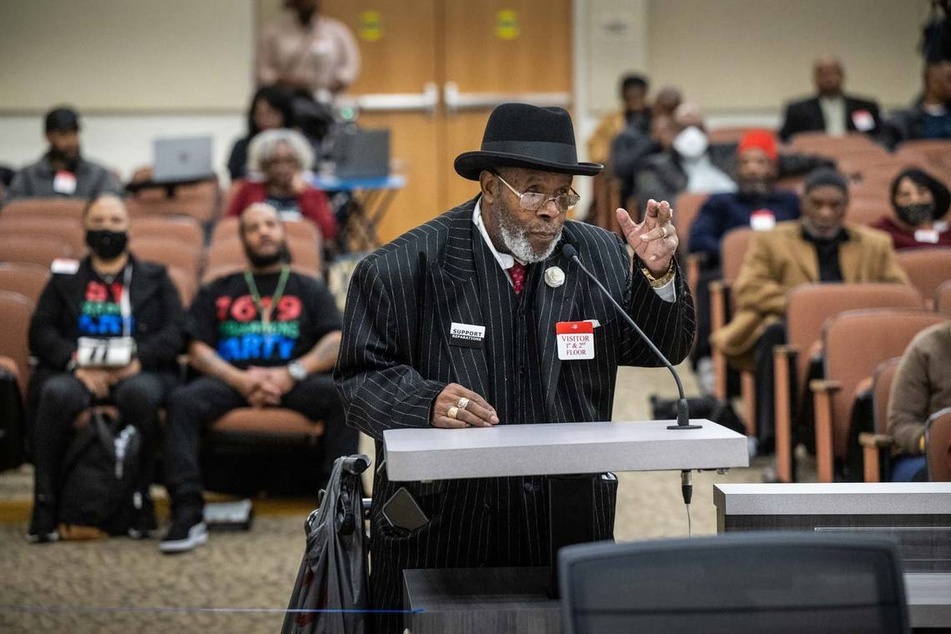California Reparations Task Force votes to make historic proposal for redress!
Oakland, California - California’s Reparations Task Force voted on Saturday to recommend that the state issue a formal apology for slavery and potentially provide billions of dollars in cash payments, moving forward a historic effort to enact remedies and compensation for descendants of Black Americans who were enslaved in the US.

The vote at a public meeting in Oakland marks the beginning of the end of the nine-member panel's two-year process to craft a report recommending reparations for slavery, which is due to the state legislature by July 1.
The report will act as a manual for lawmakers and Governor Gavin Newsom, who established the task force in 2020 to study and gather evidence of the harms of slavery and lasting discrimination, as state elected officials begin to debate righting the wrongs of the past.
The task force has heard testimony from more than 133 witnesses, such as scholars detailing California's racist history and economists who offered suggestions for how to quantify compensation for health disparities, mass incarceration, and housing discrimination against descendants.
Families affected by slavery shared their own experiences and called for various forms of remedies in 28 hours of emotional public comment at dozens of monthly meetings since the task force first gathered in June 2021.
Reparations task force "optimistic" about state cooperation

The next big step is convincing lawmakers to pass the recommendations into law and provide hundreds of billions of dollars in reparations.
"I'm optimistic that they'll take a look at our proposals and engage in a good faith effort to implement them," said Kamilah Moore, the chair of the reparations task force.
Although California banned slavery in its 1849 Constitution, the state had no laws that made it a crime to keep someone enslaved or require that they be freed, which allowed slavery to continue. A disproportionate representation of white Southerners with pro-slavery views held office in the legislature, state court system, and in its congressional delegation.
California’s Fugitive Slave Law of 1852, which authorized slaveholders to use violent means to capture enslaved people who arrived in California before its statehood and escaped, or refused to return to slave states with their enslaver, was rare among free states.
Racial hierarchy continued to take root in California when slavery was abolished federally by the 13th Amendment in 1865.
The task force's findings detail the lasting consequences of segregation and discrimination against Black people in the every conceivable sense – political, legal, health, financial, educational, cultural, environmental, social and economic.
Cover photo: Collage: IMAGO / ZUMA Wire

